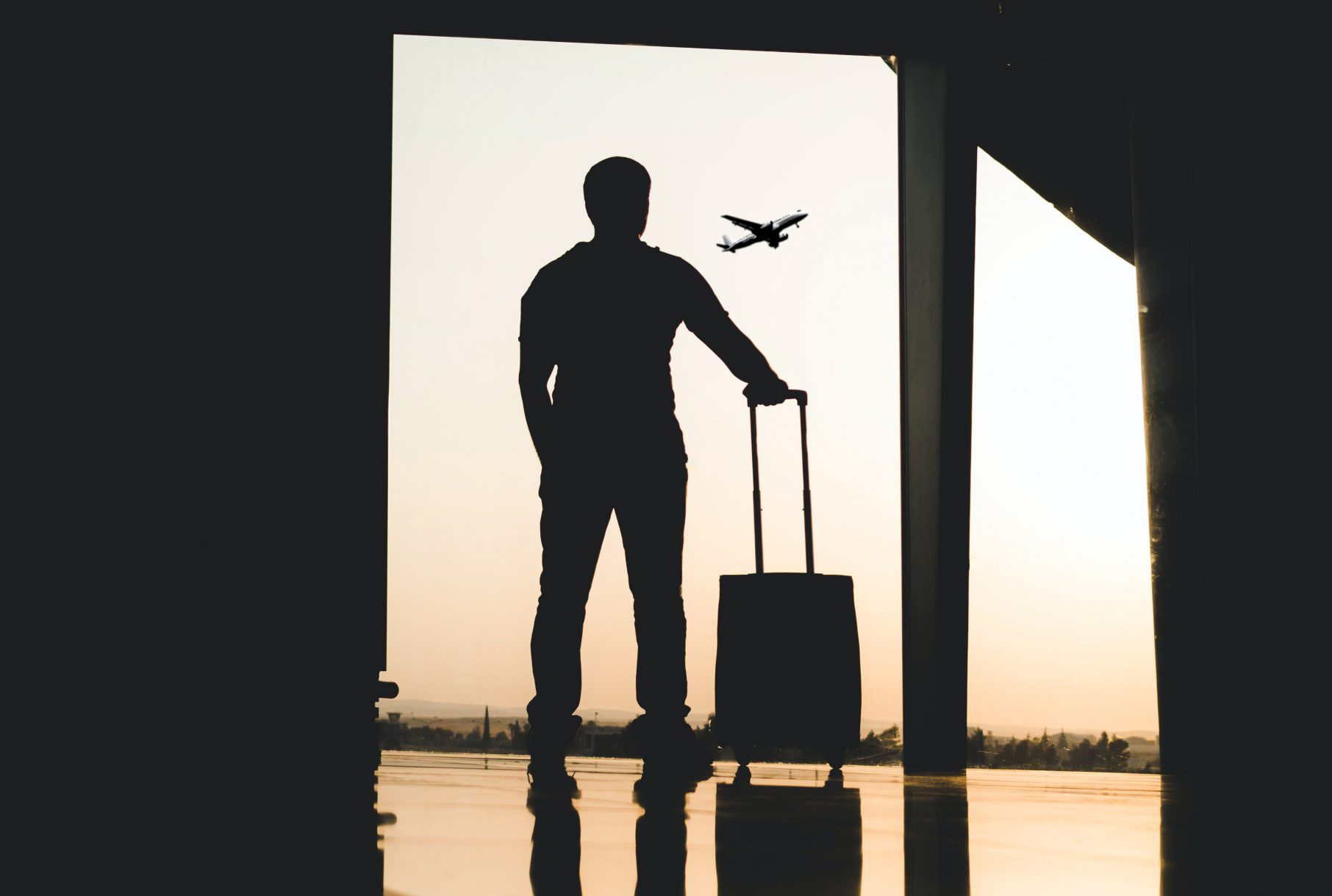When six temporary workers from the Philippines travelled to Quebec in March to start jobs as caregivers, they were hoping to support their families back home. When they arrived, however, the COVID-19 pandemic had pushed Canada’s economy into a sudden slowdown — leaving them with few options.
“They were [laid off] by their employer because the workplace is closed,” says Maria Sol Prieto-Pajadura of Migrante Canada, an organization dedicated to the rights and welfare of Filipino migrants. “They haven’t started work yet, they don’t have income yet, so they’re not eligible for the benefits under CERB or EI as they have no insurable hours.”
You may unsubscribe from any of our newsletters at any time.
These caregivers are staying with a friend in the province, but their situation shows how the Canada-wide lockdown has affected some of the thousands of foreign nationals who come to this country for work every year.
Temporary workers typically pay into and thus qualify for employment insurance (EI); however, those that were laid off before paying into this program may not qualify, says Prieto-Pajadura. Travel restrictions due to the pandemic also make it difficult to return home, leaving many workers in a precarious position.
Non-permanent residents, including temporary workers, with a valid social insurance number (SIN) are eligible for the Canadian Emergency Response Benefit. One of the requirements also dictates that applicants have had income of at least $5,000 in the past 12 months or in 2019. As it often takes months to receive a SIN card and workers who just arrived may not have had any previous income in Canada, these workers may also be ineligible for CERB.
More on Broadview: COVID-19 puts pressure on Canadian farms
Personal living expenses are not the only concern for international workers. On top of sending money home to support their families, they have often paid fees to recruitment agencies and taken out loans to cover these costs.
“The situation in the Philippines is worse than the situation here in Canada; [for] people in lockdown, there have no financial support from the government as here like CERB and EI. You’re just waiting for canned goods and rice support from the local government, which is not enough for your family to eat,” says Prieto-Pajadura. “And then when they arrive here, they don’t have jobs. They have been [worried] about the support they’re supposed to be sending back home and the debts that are supposed to be paying, and how they will support themselves here.”
Temporary foreign workers who are coming to Canada for a reason deemed essential are still able to enter the country, provided they quarantine for 14 days upon arrival. Canada has multiple programs that allow employers to hire international workers on a temporary basis to fill in-demand positions that the domestic workforce is unable or unwilling to fill – such as the Seasonal Agricultural Workers Program and the Live-In Caregiver Program. In 2016, Statistics Canada reports there were 213,700 temporary foreign workers with employer-specific work permits in Canada.
“Workers who are in situations where they feel unsafe won’t complain, because they don’t want to lose everything.”
Outside of the financial risks, workers who are looking to start their work terms in Canada must make a difficult choice. One of the key recommendations to avoid getting ill during the pandemic is to avoid international travel – especially to areas with a high concentration of cases such as Southern Ontario and Vancouver. The fears are not unfounded. B.C.’s Interior Health recently confirmed an outbreak at a farm in Kelowna among multiple temporary foreign workers.
“Travelling on international flights opens you up to way greater risk,” says Syed Hussan, the executive director for the Migrant Workers Alliance for Change. “[But] those workers won’t get income supports if they are back in their home countries…How do we ensure people are safe, whether they’re safe in their home countries, whether they’re safe here, whether they can feed the family in their home countries or here?”
The Migrant Rights Network, a cross-Canada alliance dedicated to migrant justice, has called on the Canadian government to ensure that comprehensive income supports are accessible to everyone regardless of immigration or previous work status, as well as expand access to healthcare and stop detention due to immigration matters. These organizations also raised concerns about poor social distancing practices in the Kelowna outbreak.
Workers’ visa status is reliant on their employment status, says Diwa Marcelino of Migrante Manitoba. “So workers who are in situations where they feel unsafe won’t complain, because they don’t want to lose everything,” Marcelino says.
“[Ensuring income and healthcare protections for foreign workers] will be part of the way we fight this pandemic… [If] the least of us, those who are in precarious status, feel that they are forced to work because they have to put food on the table, then that will not benefit themselves and also not benefit the public health.”
Broadview is an award-winning progressive Christian magazine, featuring stories about spirituality, justice and ethical living. For more of our content, subscribe to the magazine today.














